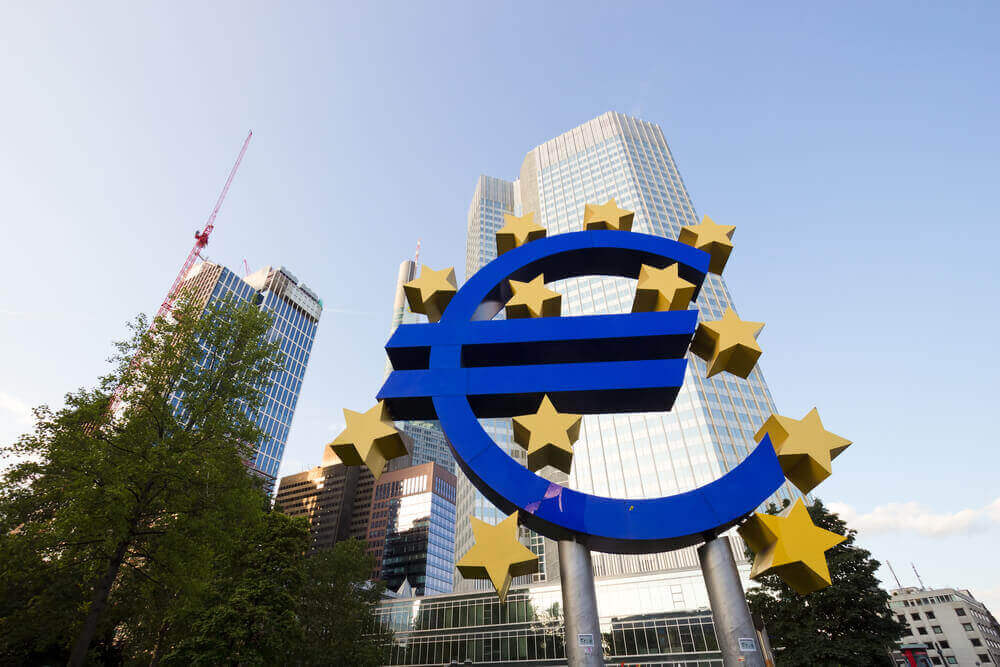The euro-zone economy is lagging behind the United States due to the slow vaccine rollout. This got worse due to the suspension of AstraZeneca Plc’s shot in several member states.
The European Central Bank is accelerating its 1.85 trillion-euro pandemic bond-buying program for the next three months. This is to prevent higher yields from further weakening this year’s recovery.
Borrowing costs have increased globally in part. This was due to spillovers from the strong U.S. rebound and the massive $1.9 trillion stimulus bill.
ECB President Christine Lagarde urged governments to roll out their historic joint spending plan promptly. This is to ensure the region’s recovery from the COVID pandemic.
The European Union’s 750 billion-euro ($896 billion) recovery fund should “become operational without delay”. Fiscal policy would also strengthen the transmission of their monetary policy measures by brightening economic prospects for companies and households. This was according to Lagarde’s statement to lawmakers in the European Parliament.
She also urged the EU’s member states to finalize their spending plans in the coming weeks.
Currently, national governments are in talks with the European Commission. They are discussing how to spend the money from the joint fund.
So far, some submissions have been judged inadequate. Plans are due by the end of next month, and funds are to be disbursed in the summer.
Slovakia’s member of the ECB’s Governing Council, Peter Kazimir, has said that the EU is rolling out its fiscal stimulus too slowly. This is when compared to the United States. Lagarde’s comments came after Kazimir voiced this concern.
Moreover, Executive Board member Isabel Schnabel warned that they could not afford a delay in disbursing EU funds.
Lagarde Warns Stimulus may Take Some Time
Lagarde said the central bank might need some time before an acceleration in the pace of money printing on Thursday. She added that part of its efforts to cushion the fallout of the coronavirus pandemic become apparent.
Investors have been studying the ECB’s weekly purchase data. This is evidence of the bank’s effort to stem a rise in bond markets’ borrowing costs. Strong expectations of higher inflation in the United States are largely driving this.
Last week, the ECB agreed to increase its bond purchases to hold yields down significantly. However, Lagarde said, it will take some time before this move shows up in the weekly bond-buying figures.
Market concerns were likely to worsen after the U.S. Federal Reserve on Wednesday increased its growth and inflation expectations. It’s guiding for no interest rate hikes until 2024.
That pushed up yields on long-term U.S. Treasuries, as these dragged up eurozone borrowing costs.
The ECB President repeated the bank’s policy message on its guidance on growth and bond yields.
Read also: LimeFX review | Is it a good Forex broker?











